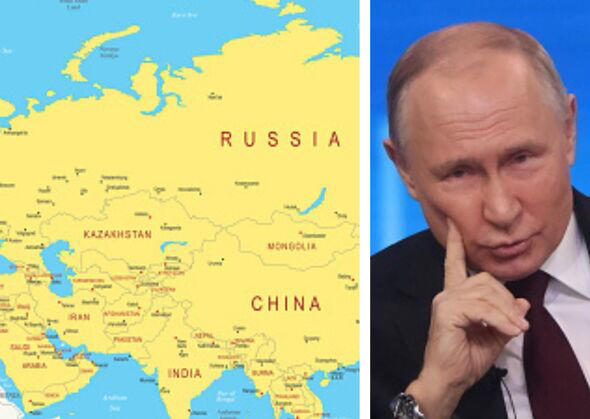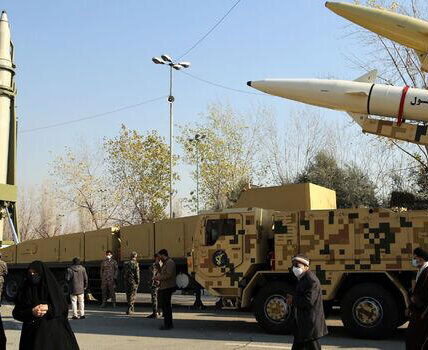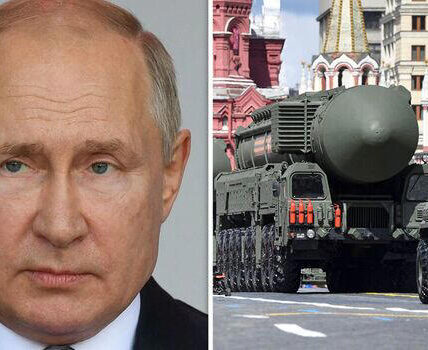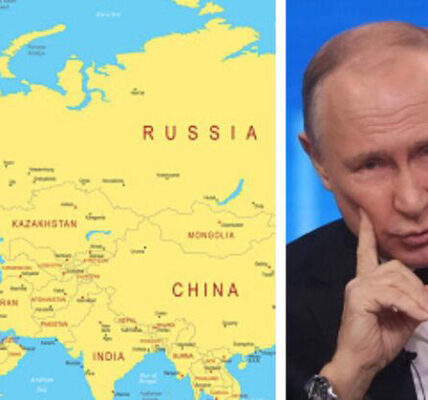Putin Ukraine Peace Talks are now at the center of global diplomacy. While history shows why optimism is difficult, signs from Washington, Europe, and Kyiv hint at new possibilities for peace and security guarantees.

© RBC-Ukraine (UK)
Putin Ukraine Peace Talks: A Critical Moment for Diplomacy
The Putin Ukraine Peace Talks are now dominating international headlines. After months of war, failed promises, and escalating tensions, there are signs that Moscow may be pushed into serious negotiations. Yet, optimism remains cautious. Vladimir Putin’s track record, from broken treaties to military aggression, makes many doubt whether these talks will deliver lasting peace. Still, pressure from Ukraine, the United States, and Europe is mounting, leaving the Kremlin with fewer choices.
Why Trust in Putin Remains Low
The biggest obstacle in the Putin Ukraine Peace Talks is trust—or rather, the lack of it. Over the years, Putin has repeatedly broken international agreements. He ignored the Budapest Memorandum of 1994, which guaranteed Ukraine’s sovereignty. He disregarded the Treaty of Friendship signed in 1997, and later violated a border treaty agreed in 2003. Each time, Russia’s actions spoke louder than any signed paper.
This pattern continued with Crimea and the Donbas. For years, Russia fueled separatist activity in Ukraine’s east, before annexing Crimea in 2014. Even in the days leading up to the February 2022 invasion, Putin denied having plans for a full-scale war—only to launch one days later. Given this history, many leaders question whether signing another agreement will change anything.
Putin’s View of Ukraine
At the heart of the Putin Ukraine Peace Talks lies a fundamental issue: Putin’s refusal to recognize Ukraine as an independent nation. He has repeatedly argued that Ukraine is simply a province of Russia. This belief is not just political rhetoric—it reflects his genuine worldview. For that reason, many doubt he will abandon it even if he signs new peace terms.
This creates a dangerous dynamic. A leader who does not see his neighbor as legitimate is unlikely to respect its borders in the long run. Any deal could therefore be fragile, risking future violations.
The Role of the United States
One of the few hopeful signs in the Putin Ukraine Peace Talks is the shifting role of the United States. For the first time, Washington has hinted at providing Ukraine with some form of security guarantee. Although President Donald Trump has ruled out sending American troops on the ground, the suggestion of “air cover” is a step further than previous commitments.
Even more interesting is Trump’s willingness to let European powers—Britain, France, and Germany—station troops if necessary. While the promises are still vague, they show movement away from complete US isolationism. For Ukraine, this could mean stronger backing in case Russia attempts further aggression.
Europe’s Growing Influence
Another key part of the Putin Ukraine Peace Talks is the role of Europe. Ukraine’s President Volodymyr Zelensky has built a coalition of support, working closely with leaders like Sir Keir Starmer and Emmanuel Macron. This “coalition of the willing” is shaping up to be a powerful diplomatic and military force.
By aligning with European allies and keeping communication open with Trump, Zelensky has positioned Ukraine strongly. He has shown himself willing to talk, but not at the expense of sovereignty. His diplomatic skill has left Putin with little room to dismiss the talks outright.
The Kremlin’s Dilemma
For Putin, the Putin Ukraine Peace Talks present a difficult choice. On one hand, rejecting talks could isolate him further and risk losing Trump’s support. On the other hand, accepting talks might mean agreeing to security guarantees for Ukraine, which could prevent future Russian attacks.
This is the trap set by Ukraine and its allies. If Russia accepts strong security guarantees, it loses the chance to launch another invasion. If it refuses, it risks more sanctions, economic decline, and continued Western support for Ukraine. Either way, Putin faces a narrowing path.
The Question of Territory
The most painful issue in the Putin Ukraine Peace Talks remains territory. Ukraine has already endured the loss of Crimea and parts of the Donbas. While complete subjugation of Ukraine has failed, the possibility of further land concessions remains.
Zelensky has been clear: Ukraine cannot cede vast amounts of territory without major security guarantees, ideally close to those offered by NATO membership. Giving away more land without such protections would only invite future Russian aggression.
This is where negotiations could stall. Putin wants recognition of Russian control over occupied territories. Ukraine demands guarantees in exchange for even the smallest concession.
A Difficult but Necessary Process
Despite all the doubts, the Putin Ukraine Peace Talks remain essential. Ukraine has proven its resilience. The quick invasion of 2022, designed to capture Kyiv in days, failed spectacularly. Today, Ukraine stands stronger, with international allies and growing military support.
At worst, Ukraine may have to accept the loss of some occupied land, but it will not be completely subdued. At best, with strong guarantees and continued Western support, it can preserve its sovereignty and rebuild its future.
For Russia, the war has already been costly. The economy struggles under sanctions, and its military has suffered heavy losses. If the West remains united, time could work in Ukraine’s favor.
Conclusion: Hope with Caution
The Putin Ukraine Peace Talks are a chance, however slim, to shift the course of the conflict. History warns us not to trust Putin’s promises, yet diplomacy is the only path that can reduce the suffering and destruction.
Zelensky and his allies have skillfully maneuvered the Kremlin into a position where rejecting talks would cost Russia dearly. Still, real peace will only come if Ukraine receives firm security guarantees and if Russia is forced to respect them.
The road ahead is uncertain, but for the first time in months, there are genuine signs of hope. The world watches closely as these talks unfold, knowing they could shape the future of Ukraine—and Europe—for decades to come.
Related:
India Russia Strategic Partnership: 5 Powerful Wins Revealed



